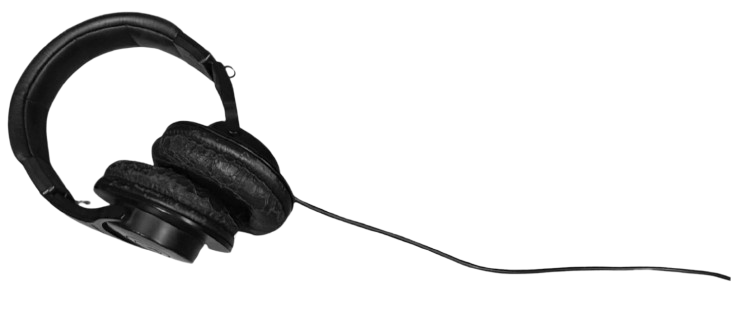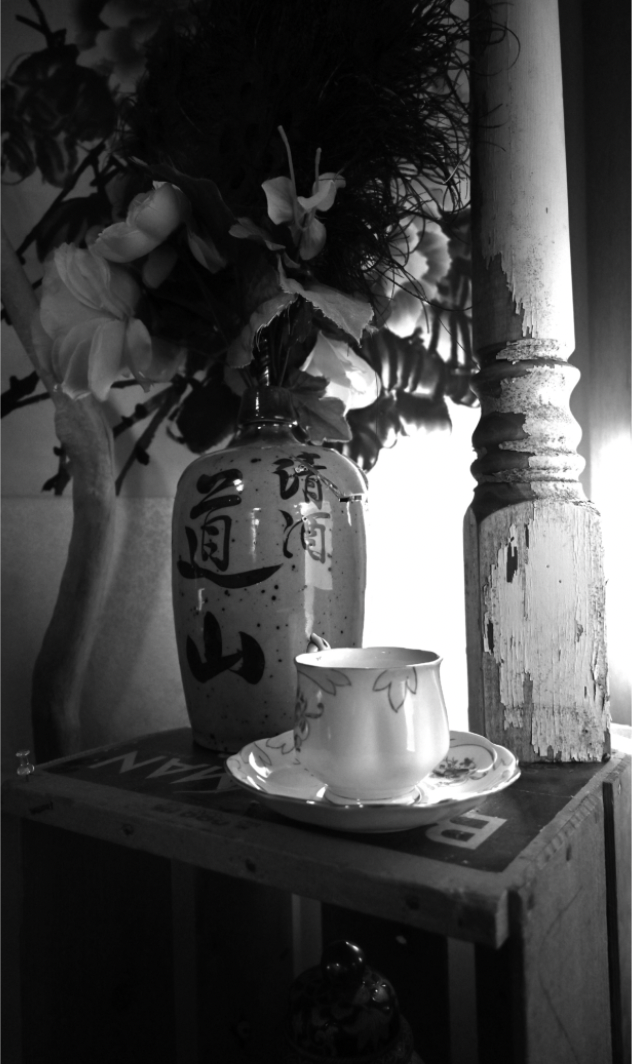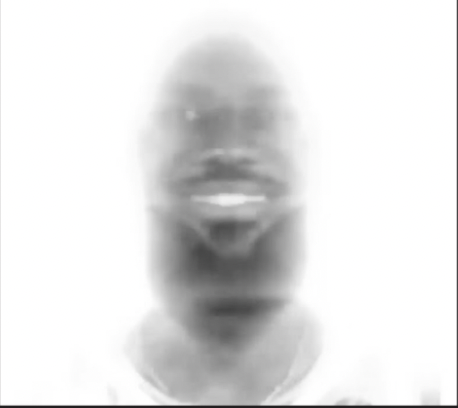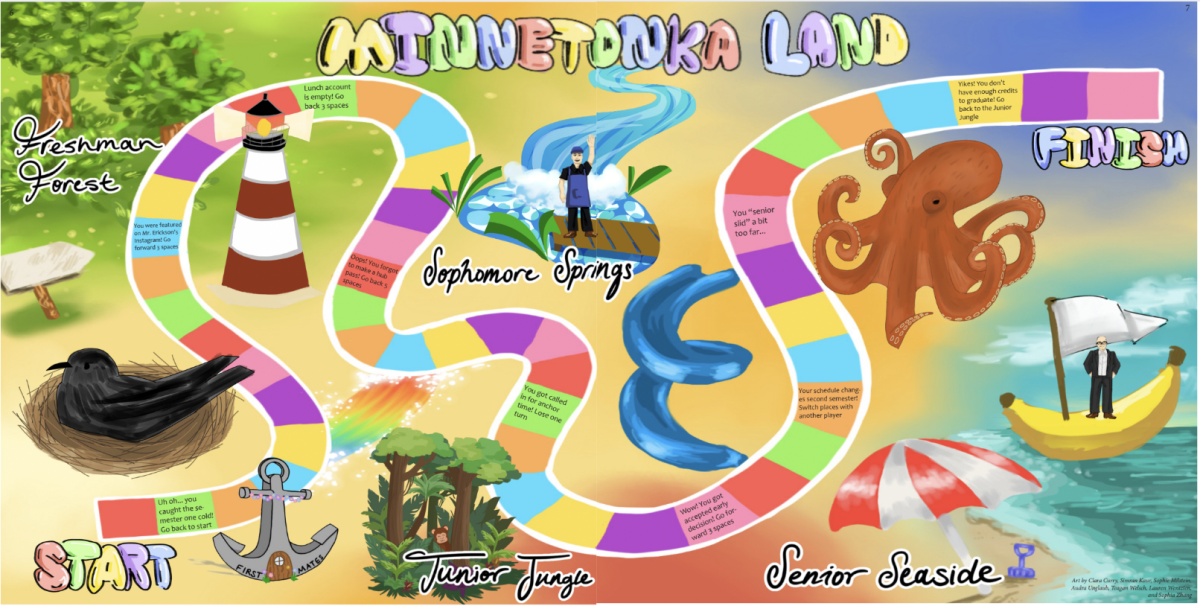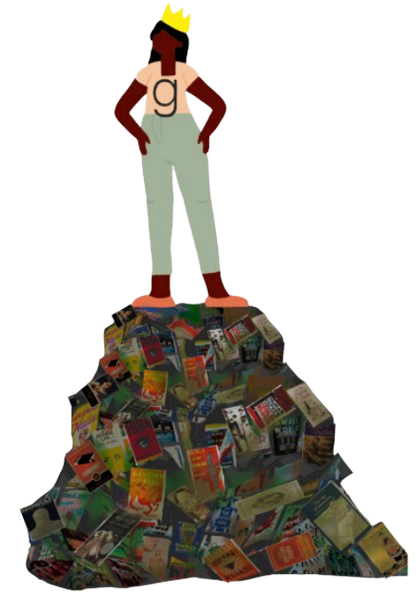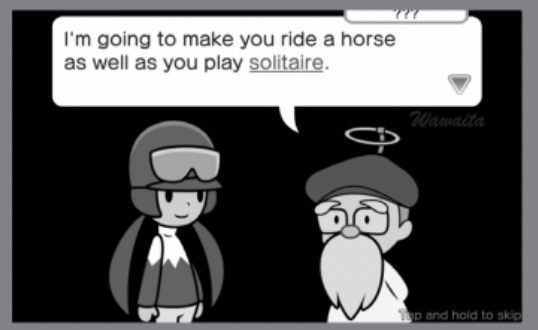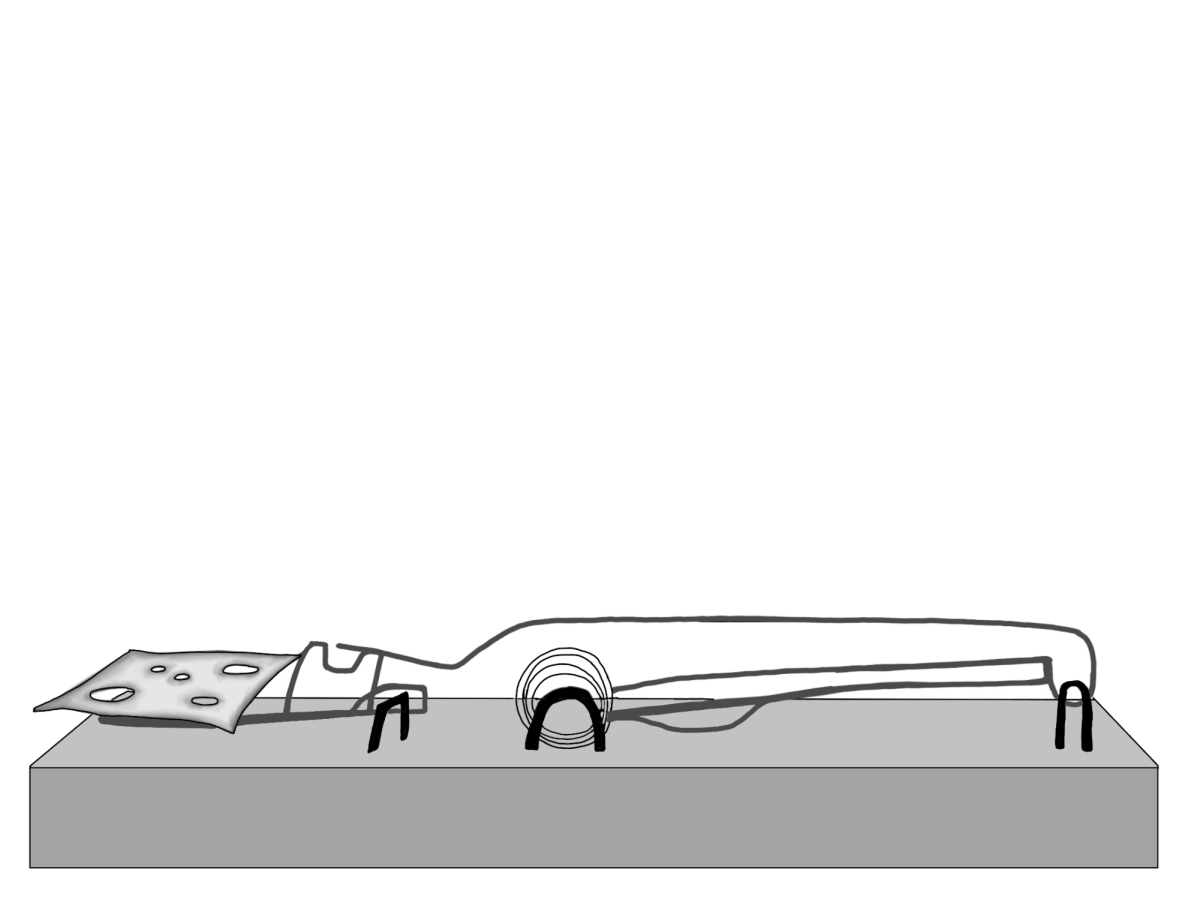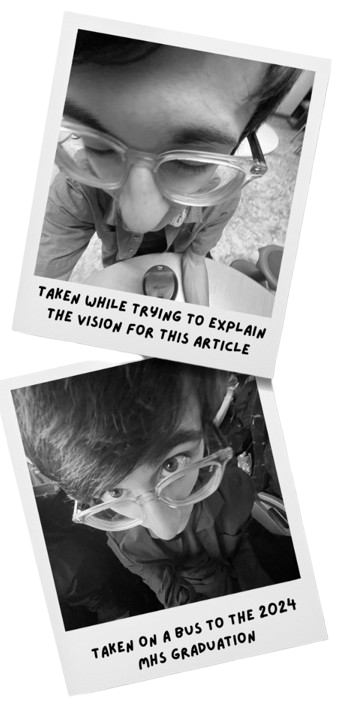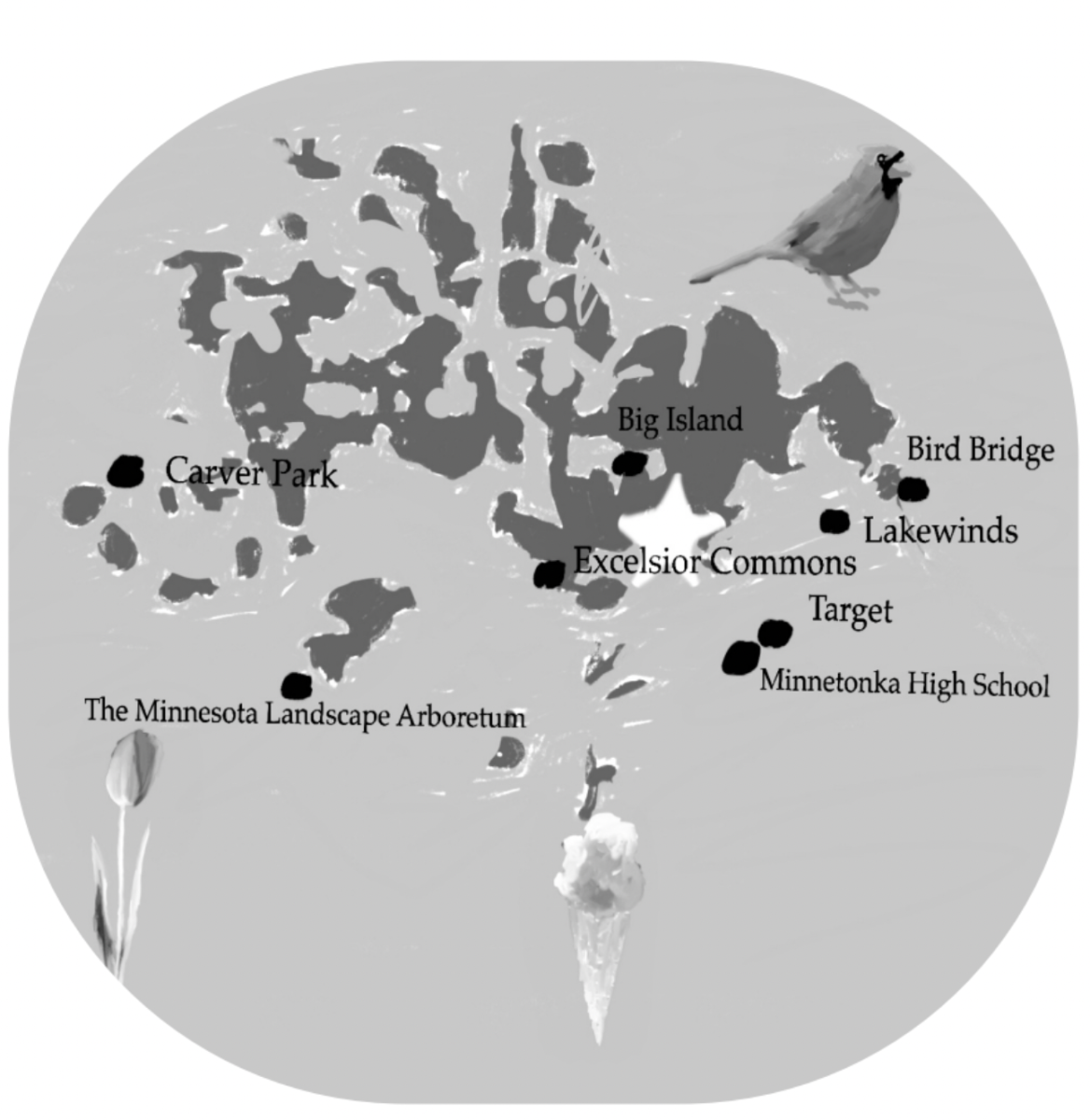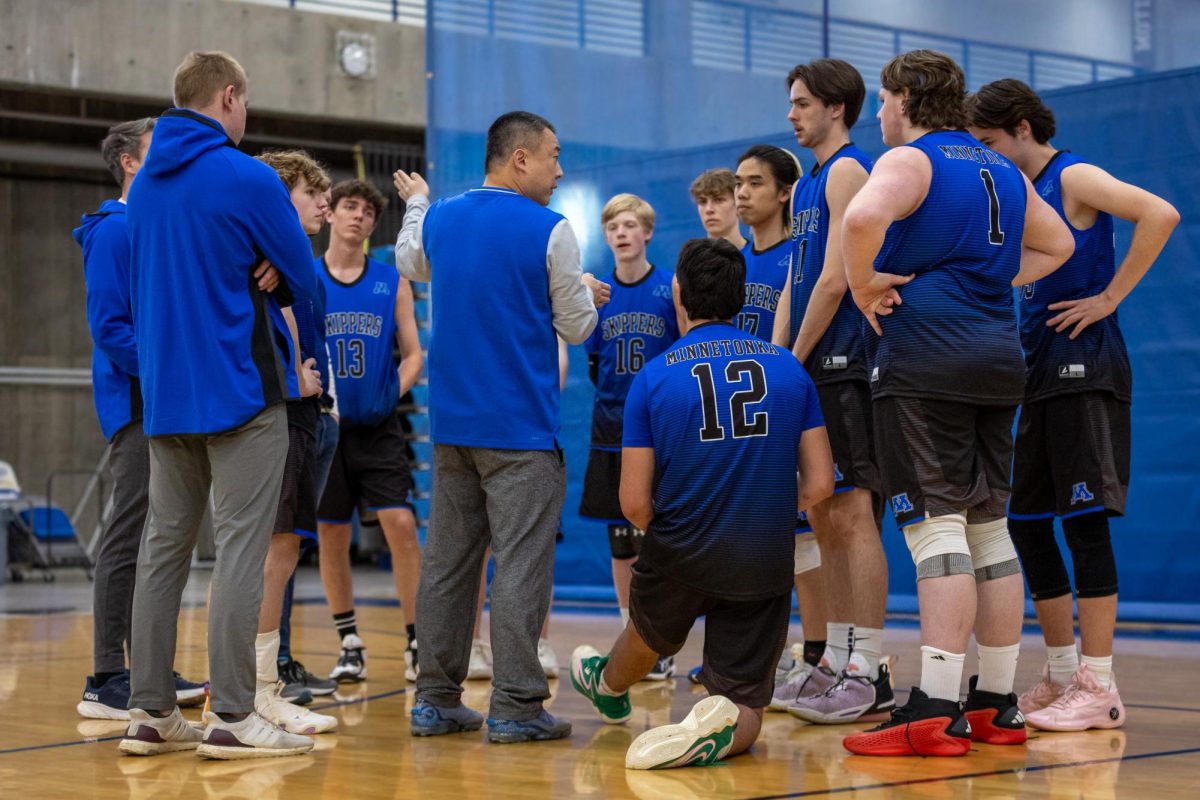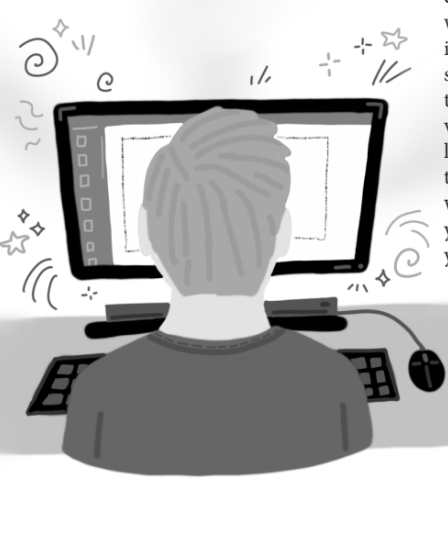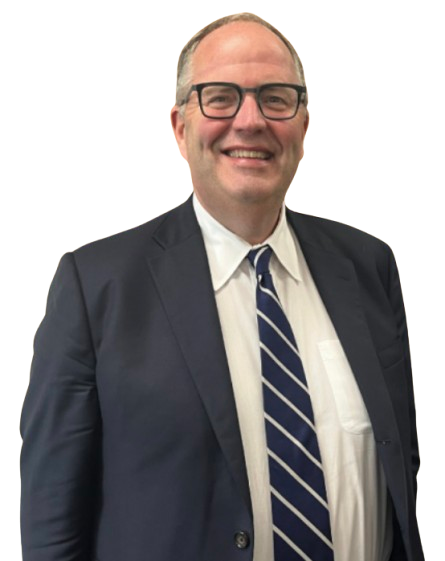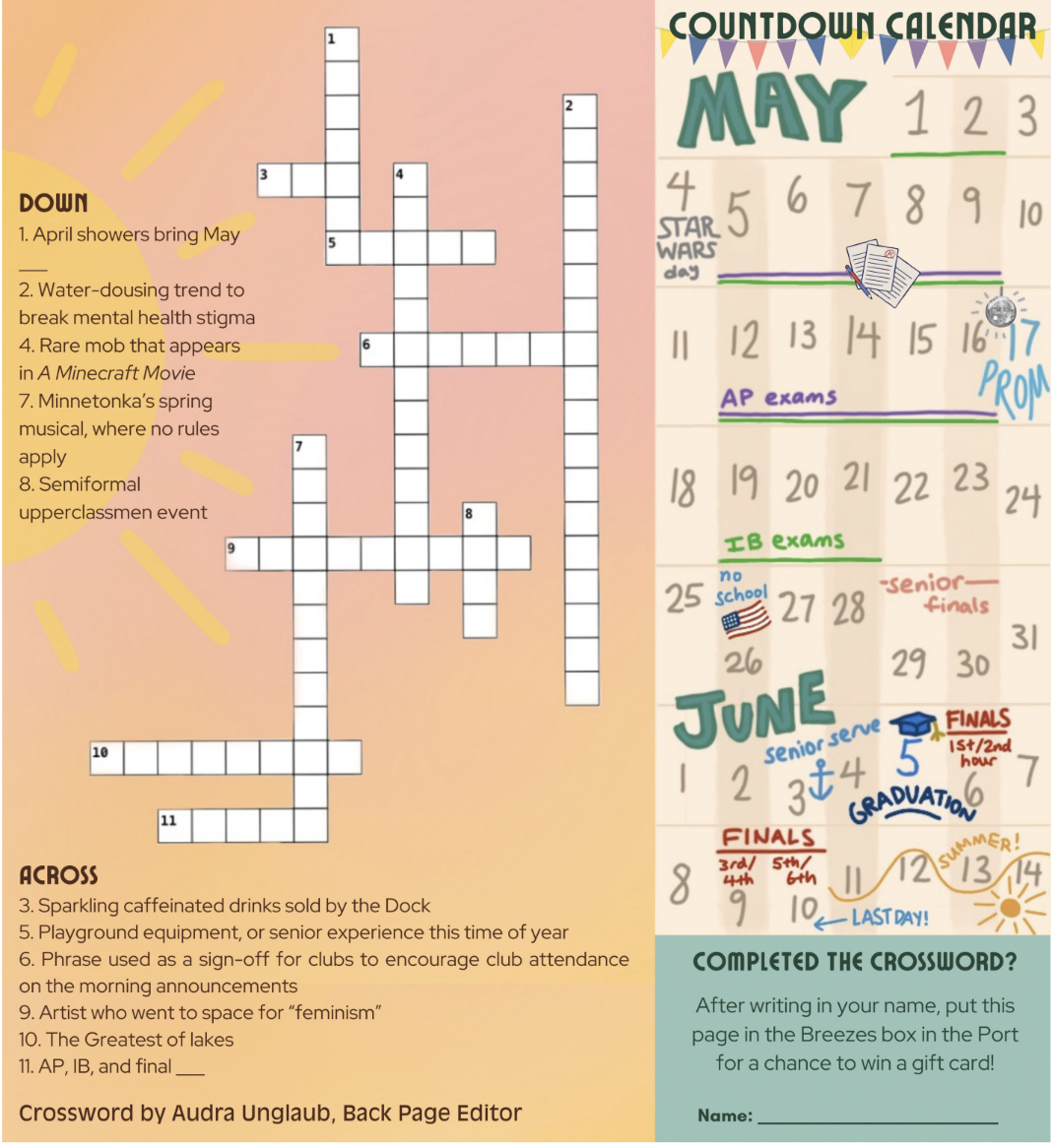Accept What You Can’t Change and Change What You Can
May 21, 2021
For the past year or so, it has seemed like everything is out of our control. From COVID to politics, nothing is going right, and we feel powerless to do anything about it. But maybe that’s OK. In these difficult circumstances, we are learning to accept the things we cannot change and to focus our energy on changing the things we can.
In March 2020, like thousands of schools across the nation, Minnetonka shut down. I went from seeing my friends every day to staring at a computer screen 24/7. I realized that I could not control whether or when we would again be able to attend school in person. What I was able to control was how I handled the situation. I could either sit around and mope, or I could use the time to improve my life. I started to work out more often. I cleaned my room – something that was long overdue. And I even had some fun cutting my own hair. By May, two months into the pandemic, I felt I had some control over my life.
Now, over a year later, I reflect on how far I have come and where I would be if I had actually sat around and moped. I wouldn’t have improved my physical health and had successful soccer and Nordic seasons the following school year, gotten into my dream school a few months later, or even have been able to write this article right now.
The Dalai Lama has said, “If a problem is fixable, if a situation is such that you can do something about it, then there is no need to worry. If it’s not fixable, then there is no help in worrying. There is no benefit in worrying whatsoever.”
What he meant, I believe, is that if we can do something to change a situation, then we need to get off our butts and do it. If there is nothing we can do, then we need to stop worrying and use that time and energy to do something positive.
Throughout our lives, there will be things that are beyond our control. No matter how hard we try, there will be things we cannot change. We need to focus our time and energy on making a difference where we can, and not on the things over which we have no control. To all students reading this now, there are things you will not be able to control: the actions of your friends or teachers or whether or not school will always be in person. Look past these things and think about changing what you can: your academic success, mental and physical health, and overall well-being. Don’t worry about being the best person in the room, be the best version of yourself. That is what you can control.
Whether you are religious or not, one of the greatest pieces of advice I have ever heard goes something like this: at the end of your life, you will sit at a table across from God and he will hand you a piece of paper. He’ll look at you and say “this is who you were supposed to be; this is who you could have been.” So be that person in this life; be who you were meant to be. Stop worrying about the external factors you have no control over. Whoever first spoke this advice wanted to tell us that we have to focus our attention on the things we have the power to change, even if that means working hard to attain that power. Do the things that will improve your life and work hard to become the best version of yourself.


